Blog
Mental Health & Wellbeing
Being a teenager can feel like riding an emotional rollercoaster—full of highs, lows, pressure, and change. This part of the blog is here to remind you that your mental health matters just as much as your physical health. Whether you're feeling overwhelmed, anxious, down, or just not quite yourself, you're not alone—and you're not weak for feeling that way.
In this space, we’ll talk honestly about mental health, share tools for self-care, and explore ways to feel more balanced, understood, and supported as you navigate your teenage years.
“Taking care of your mind isn’t a sign of weakness—it’s a sign of strength. Choosing to rest, reflect, and reach out is how you grow, not how you fall behind.”

Let Someone In: How to Talk About Your Depression
Opening up about depression is a brave and important step toward feeling better. It doesn’t mean you’re weak—it means you’re strong enough to recognise that support matters. Whether it’s a friend, a family member, a teacher, or a counsellor, letting someone in can help lighten the load you’ve been carrying in silence. You deserve to be heard, and you don’t have to go through this alone.
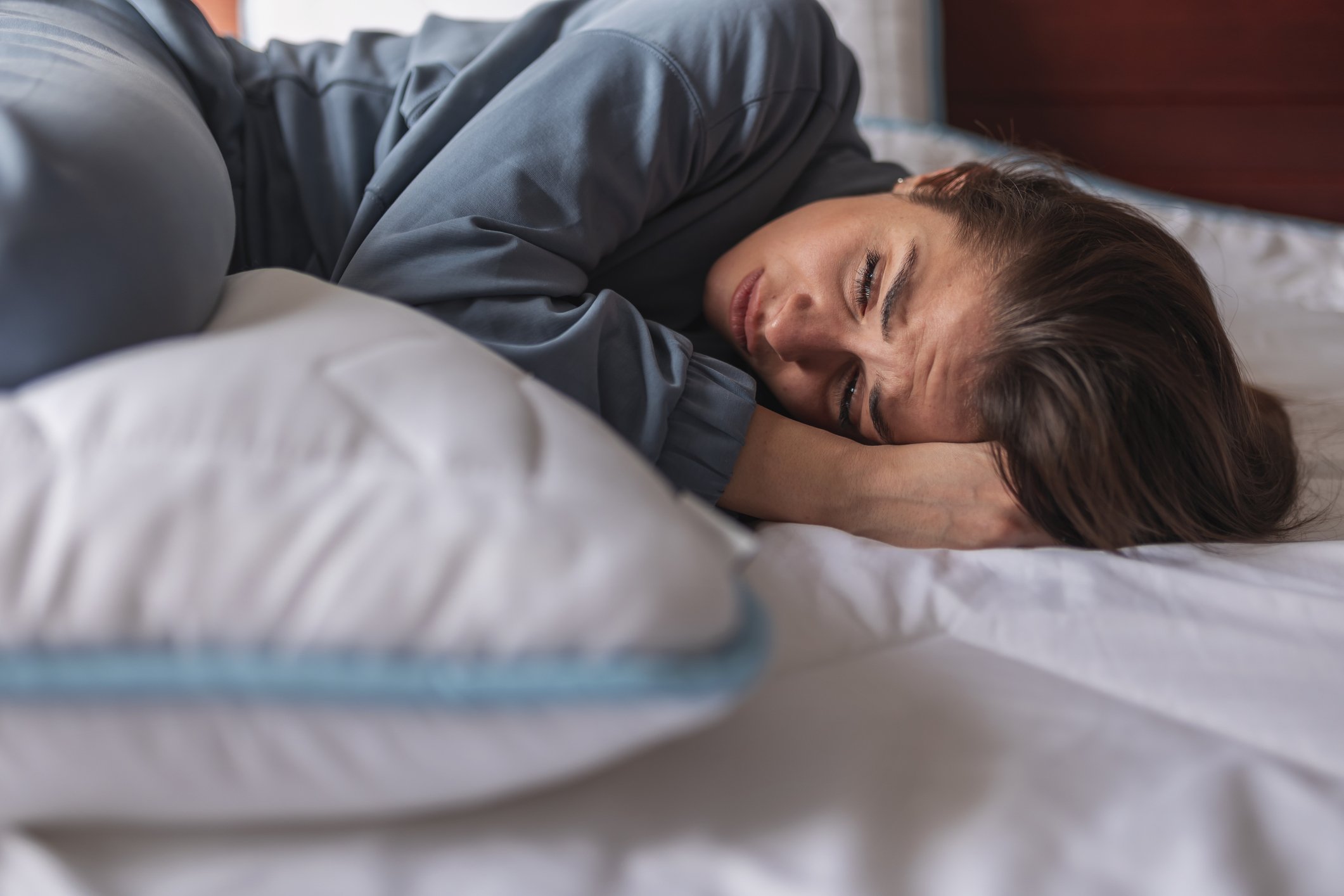
Pulling Away: How Depression Affects Your Social Life
Have you ever found yourself ignoring messages, skipping group chats, or saying “no” to plans—even with your closest friends? You might not even know why—it just feels easier to be alone. If this sounds familiar, you're not alone, and you're not a bad friend. You could be experiencing one of the most common effects of depression: social withdrawal.
When you're dealing with depression, being around others can feel overwhelming. Conversations take effort, pretending to be "okay" feels exhausting, and sometimes, it just seems easier to hide away.
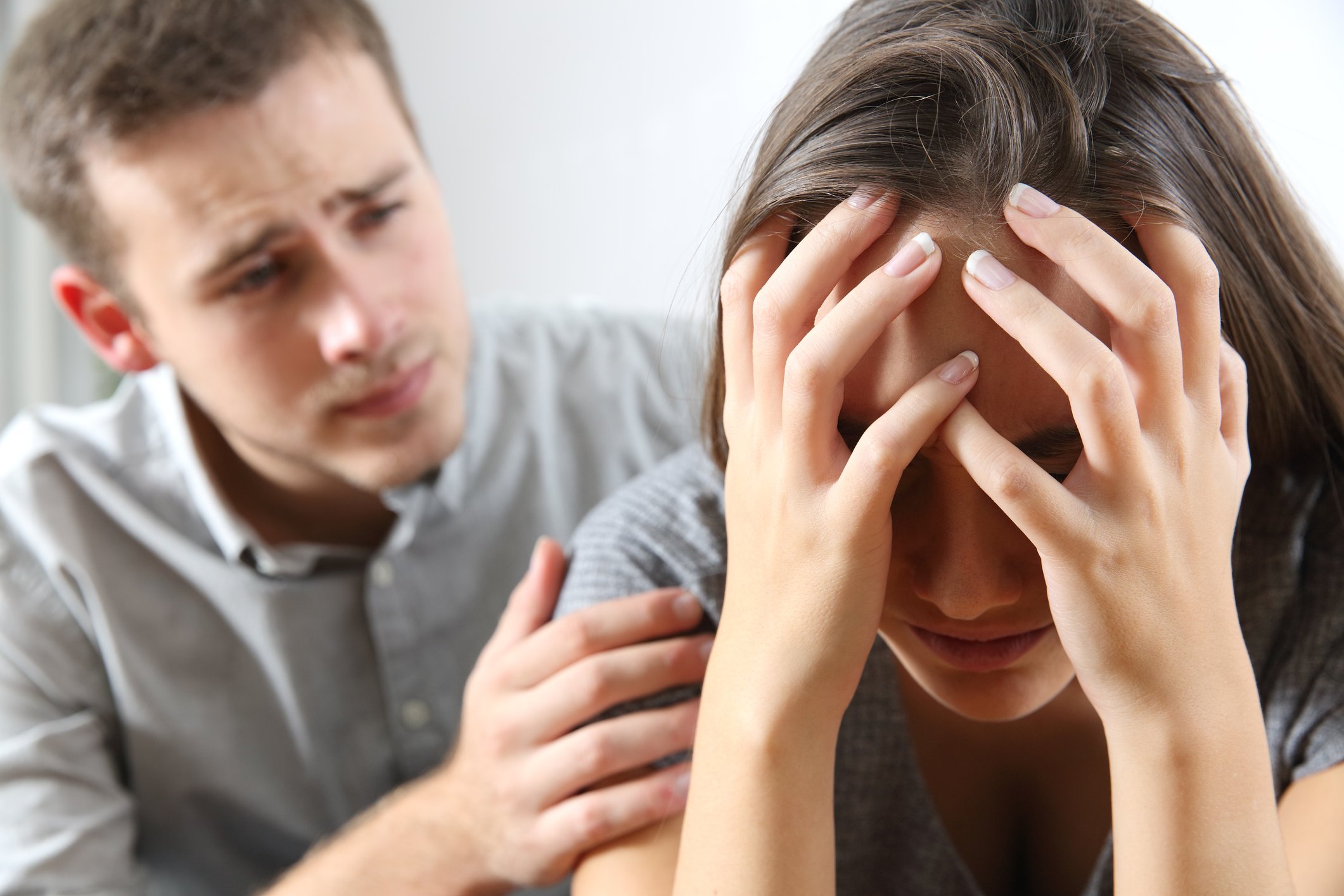
Noticing the Signs: What to Do If You Think a Friend Is Depressed
It can be hard to know what to do when someone you care about doesn’t seem like themselves anymore. Maybe your friend is quieter than usual, pulling away from things they used to love, or just always seems... off. You might worry they’re dealing with more than just a bad day — maybe they’re struggling with depression. That thought can be scary, especially when you’re not sure how to help or what to say. But here’s the truth: you don’t need to be a therapist to make a difference. Sometimes, just showing up, listening, and knowing what to look for can be a powerful first step.
In this post, we’ll walk through how to recognise the signs of depression in a friend, how to approach them with care, and what you can do to support them without losing yourself in the process.

Real Talk: Healthy Ways to Cope with Depression
Let’s be real — depression isn’t just feeling sad for a day or two. It can feel like a heavy cloud that just won’t lift, making it hard to get out of bed, focus at school, or enjoy things you used to love.
If you’re dealing with depression, you’re not weak, dramatic, or alone — you’re human. And while it can feel overwhelming, there are healthy ways to cope.
This post is here to give you real, practical tools you can try when life feels too heavy to handle.
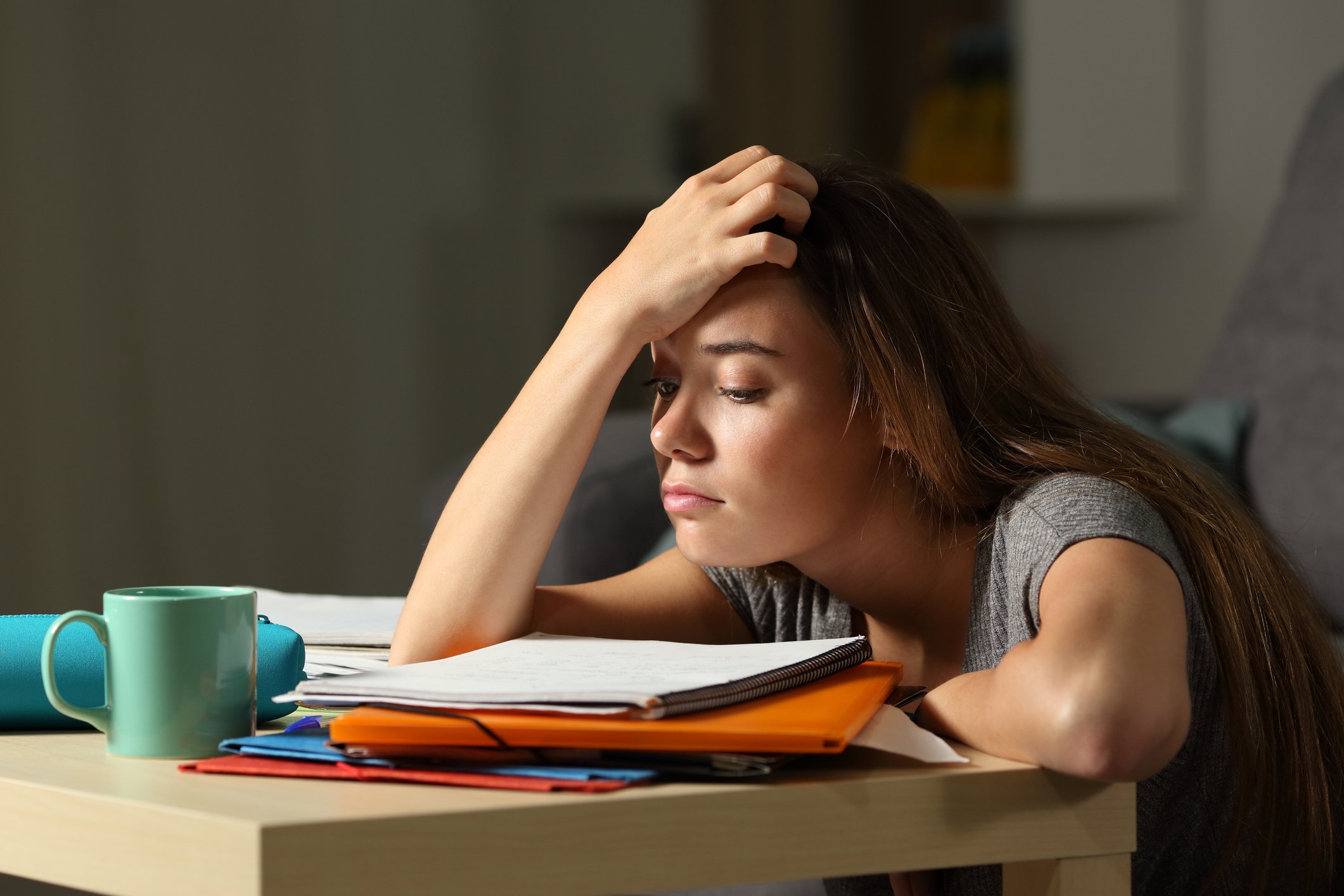
Stuck and Tired: How Depression Drains Your Drive
Some days, even getting out of bed feels like climbing a mountain. You know you have things to do—homework, chores, plans with friends—but no matter how hard you try, your brain just says no. If that sounds familiar, you're not lazy, unmotivated, or weak. You might be dealing with depression.
Depression doesn’t just make you feel sad—it affects your energy, focus, and the ability to care about things you used to enjoy. It can make everyday tasks feel impossible, and the motivation you once had seem like a distant memory.
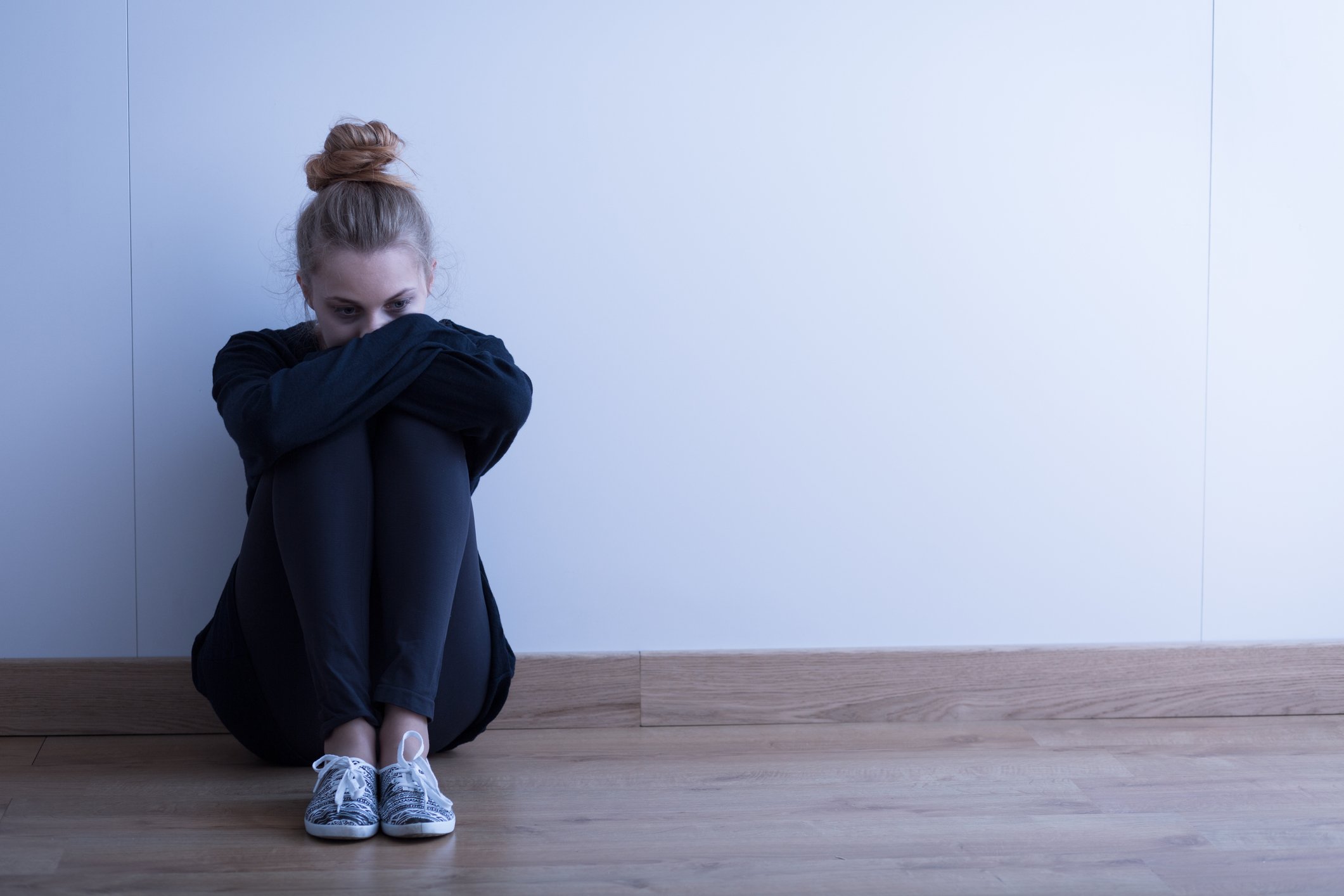
What Depression Feels Like from the Inside
Depression doesn’t just affect your mood—it impacts the way you think, feel, and even how you see yourself and the world around you. It can make everyday things feel impossible, and positive moments feel meaningless.
In this post, we’re diving into what it’s really like to experience depression from the inside, so you can better understand yourself or someone you care about.
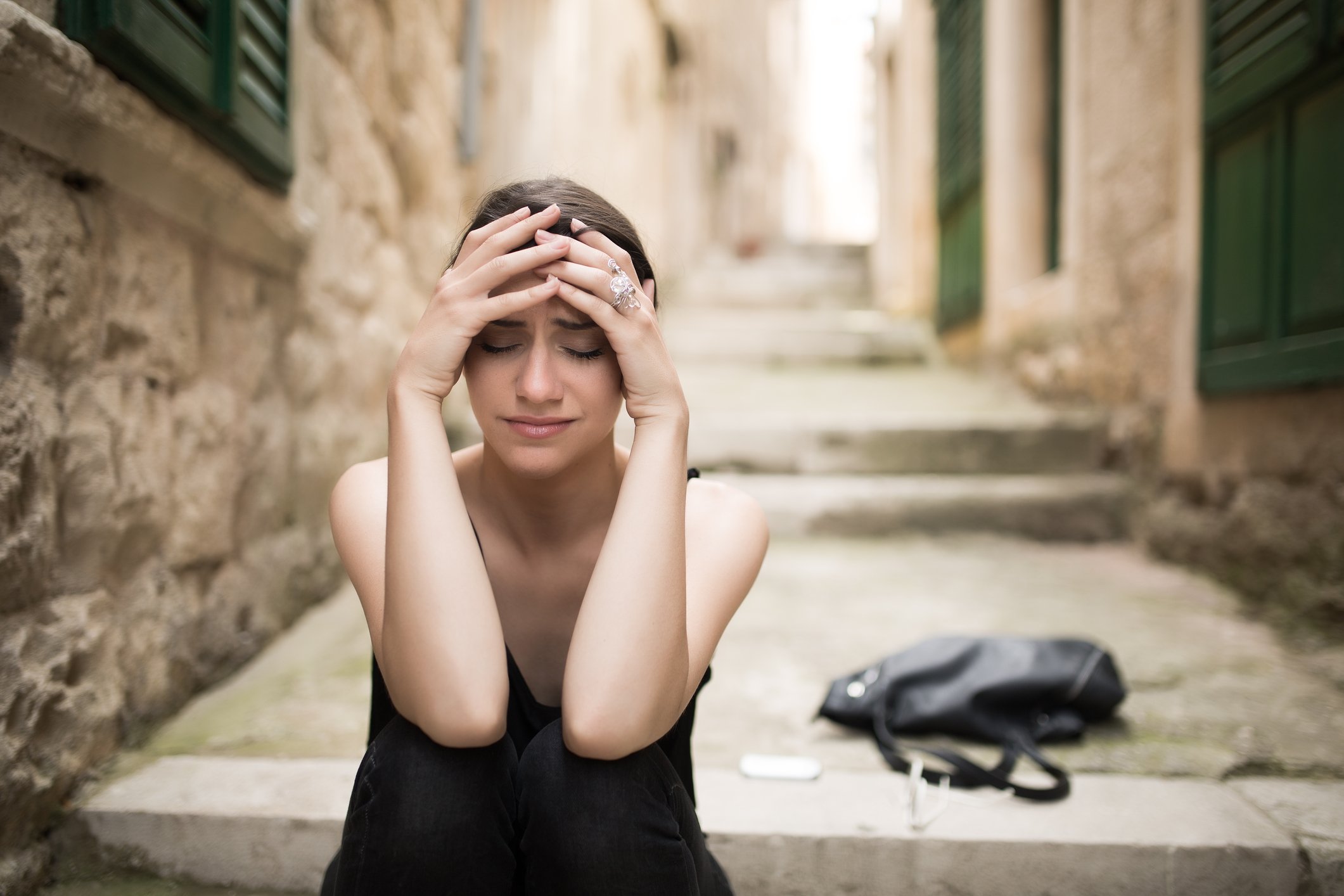
Depression vs. Sadness: Why It’s Not the Same Thing
Everyone feels sad sometimes — it’s a normal and healthy emotion that comes and goes with life’s ups and downs. Maybe you had a fight with a friend, didn’t get the grade you were hoping for, or just woke up feeling off. Sadness is part of being human. But when those heavy feelings don’t go away, or they start affecting your daily life, something deeper might be going on.
This is where depression comes in — and while it can look like sadness on the surface, it’s actually very different underneath. In this post, we’ll explore how sadness and depression are not the same, how to spot the difference, and why it matters to know when it’s time to reach out for support.
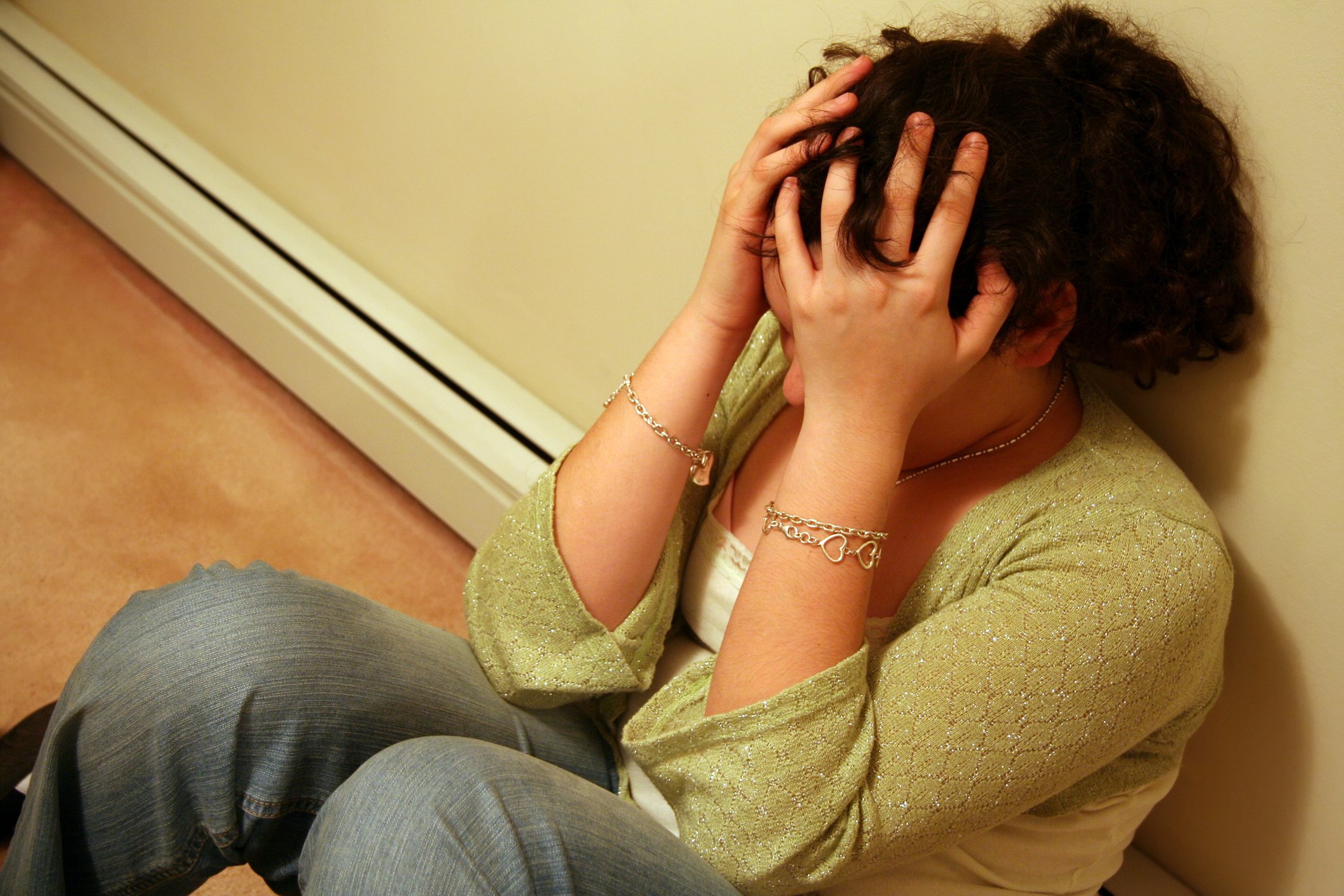
Let’s Talk About Depression: What It Really Means
Depression is a word we hear a lot — on social media, in school, maybe even from friends. But what does it actually mean? For many teens, it’s easy to confuse feeling sad or overwhelmed with being depressed. The truth is, depression is more than just a bad day or a tough week. It’s a real mental health condition that affects how you think, feel, and act — and it’s more common among teenagers than you might think.
This blog post is here to clear up the confusion. We'll explore what depression really is, how it shows up, and why it’s not something to ignore or be ashamed of.

Loneliness, Anxiety, and Depression Explained
Loneliness, anxiety, and depression are often connected in ways that aren’t always obvious at first. One feeling can trigger another, creating a hidden chain reaction that makes everything feel heavier and harder to handle.
In this post, we’ll break down how loneliness can impact your mental health, why it’s important to recognise the early signs, and what you can do to break the chain before it pulls you down. You’re not stuck—and understanding what’s happening is a powerful first step.
